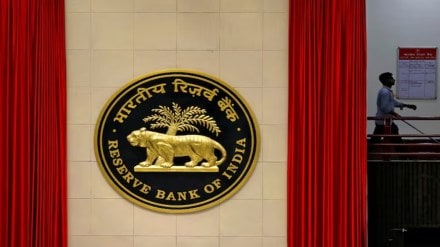In a move to ease fundraising through external commercial borrowings (ECB), the Reserve Bank of India proposed a framework on Friday to link corporate fundraising limits from abroad to financial strength and scrapped cost caps. This is part of the easing of banking regulations that RBI Governor Sanjay Malhotra announced on Wednesday.
Tying borrowing power to financial strength
The regulator proposed to link the borrowing limit with the financial strength of the borrower. Under the proposed guidelines, a company can raise ECBs up to $1 billion or 300% of net worth as per the last audited balance sheet, whichever is higher. Earlier, borrowers were able to raise ECBs up to $750 million in a financial year.
Eased norms for costs, maturity, and eligibility
The central bank also proposed to raise funds at a market determined interest rates and removed the cost caps. According to previous norms, there was a spread of 450 basis points (bps) over the applicable benchmark for ECBs raised in foreign currency. The maximum spread for ECBs raised in domestic currency was 450 bps over the prevailing yield of the government securities.
RBI also simplified the end-use restrictions and minimum average maturity requirements. The borrowers can raise ECBs with a minimum maturity of three years. In the case of the manufacturing companies, the maturity can range from one year to three years. With the new proposed norms, the proceeds of the ECBs can be utilised outside India in deposit, certificate of deposit or other similar product offered by a bank, which has a highest quality rating. The proceeds can be also invested in high quality treasury bills with maturity up to one-year or in a deposit with a foreign branch or foreign subsidiary of a bank in India.
The regulator expanded the borrower and lender base eligible for ECB transactions, which provide opportunities for smooth credit flow. The RBI proposed permitting any entity, including firms under restructuring or investigation to raise funds through ECBs. Earlier, entities eligible to receive foreign direct investment were only allowed to raise fund through ECBs. RBI also simplified reporting requirements to ease compliance obligations.
